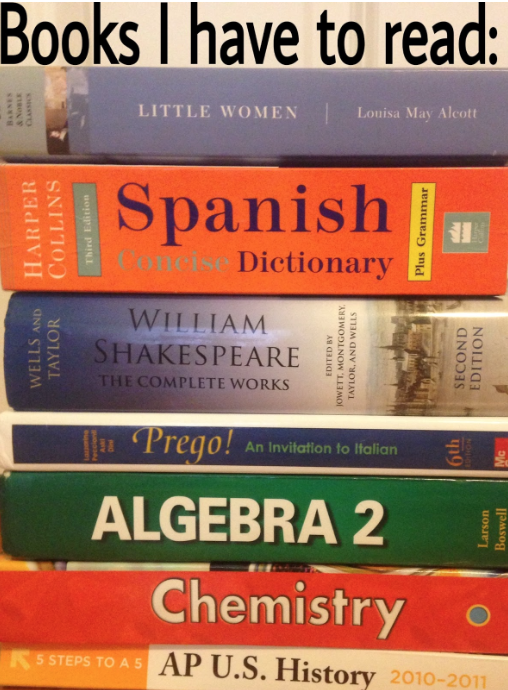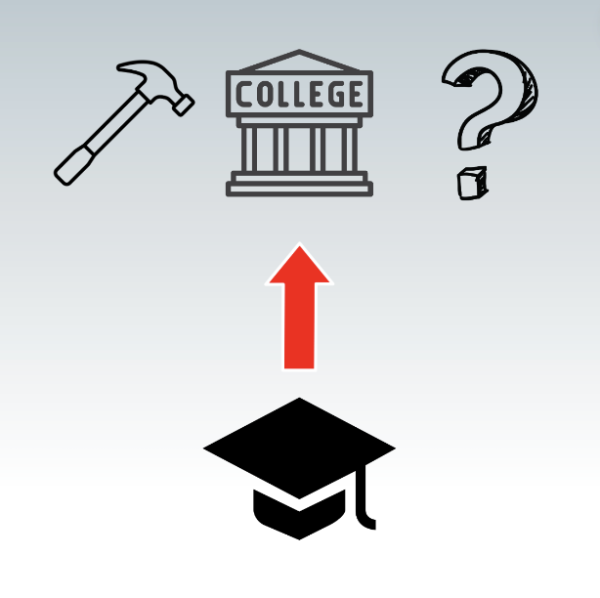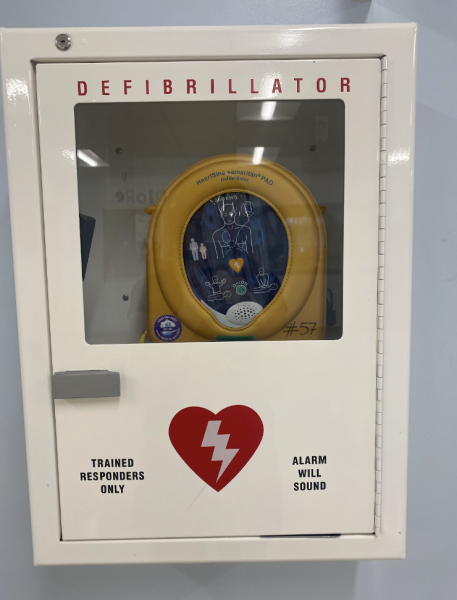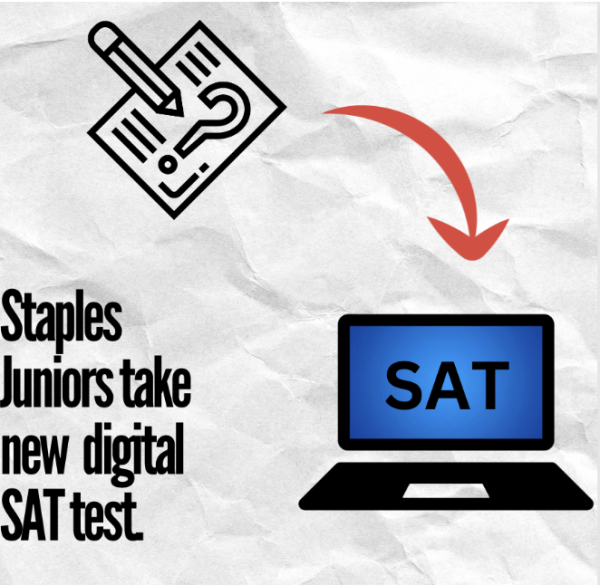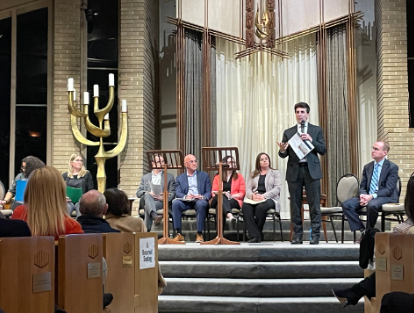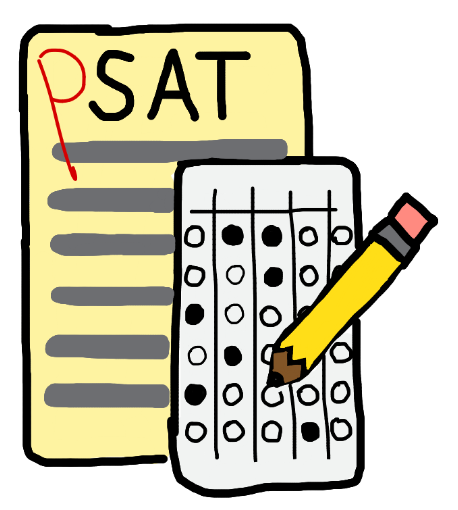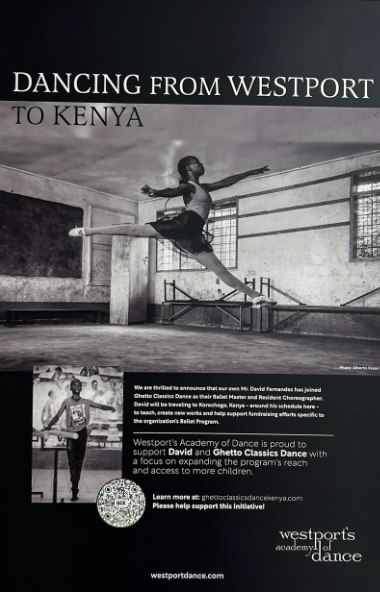Students struggle to read for fun
Back in the days of elementary school, when the only thing to worry about was who to sit with at lunch or what to do during choice, reading was a nightly routine. Parents would tuck their child in with a bedtime story, and they would drift off to sleep dreaming about their own fairytale endings.
As time passes, the fairytales that once took up the space on the bookshelf are replaced with chemistry textbooks and Charles Dickens.
Gradually, students’ daily reading habits have transformed into scrolling through their Facebook newsfeed during passing time and skimming through their assigned novel for English class before drifting off to sleep.
Only a month into school, and the homework is already being piled on in many classes. With all the extracurriculars and homework, it’s rare for students to find themselves with some extra time on their hands to read for pleasure instead of the books assigned.
Anabelle Porio ’15 takes AP Literature and often finds herself with at least half an hour of reading per night.
“It is difficult to find a balance [and] it’s definitely become harder this year with all the extra applications in addition to school work,” Porio said.
With the additional homework that increases with age, reading for enjoyment has become less common among many students. While many students find watching TV to be relaxing, some say they find reading just as enjoyable.
“Reading relaxes me because it gives my brain a break from looking at a computer screen for two hours,” Joe Blaike ’17 said.
Not only does reading reduce stress, studies from the Neurology journal show it stimulates the brain much more than using electronic devices. Overtime, reading can decrease a person’s risk of getting Dementia and Alzheimer’s later in life.
In order to make time for this essential life skill, head librarian Colin Neenan, recommends finding an enjoyable book and reading on a phone or tablet for convenience.
“Reading can happen ‘between life’ — in the car, in line at the store, [or] when you’re waiting for someone,” Neenan said.
There’s something very unique about Alice Hickson ’17 and that’s that she comes from across the pond or as most people might say, England. Growing...











































